Upgrade Your Google Maps with AI-Powered Discovery (Exclusive Review)
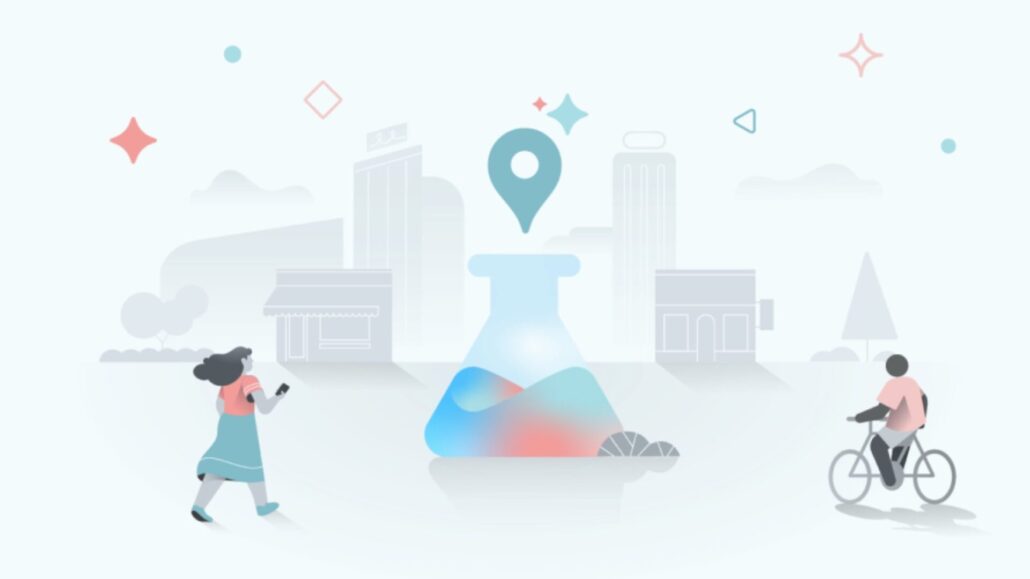
As a passionate Local Guide, I’m always looking for new ways to use Google Maps, so imagine my excitement when I got access to their latest AI-powered discovery experiment. This invitation is a testament to how much Google values the contributions of Local Guides like me, and it hints at some big changes coming to everyone’s favorite map tool.
We’ve all had those moments where Google Maps just doesn’t quite “get” what we’re looking for. But with AI in the mix, finding those perfect hidden gems and planning unforgettable outings could become so much easier. Imagine searching for things like “kid-friendly hikes with waterfalls” or “best live music bars within a 20-minute walk” and getting results that feel like they were curated by a local friend in-the-know. That’s the potential of AI-powered discovery on Google Maps, and I’m one of the lucky few who get to try it first!
How to Access It:
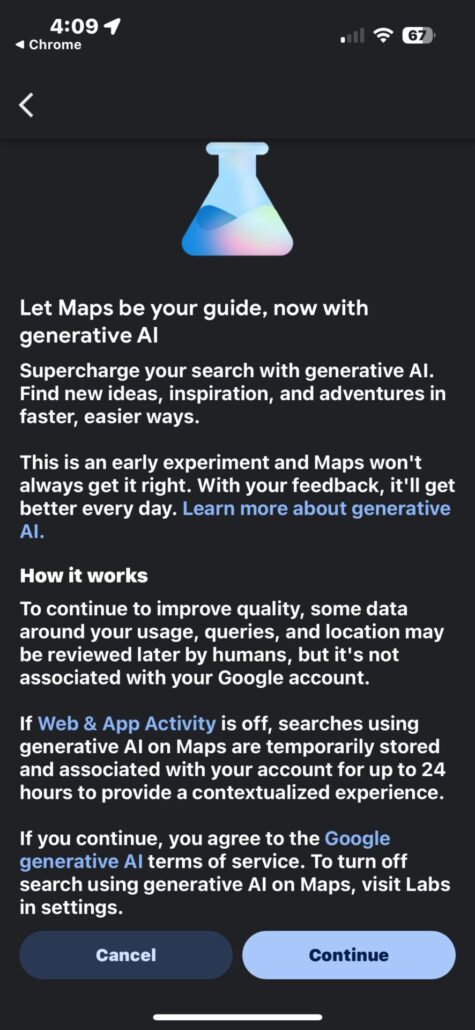
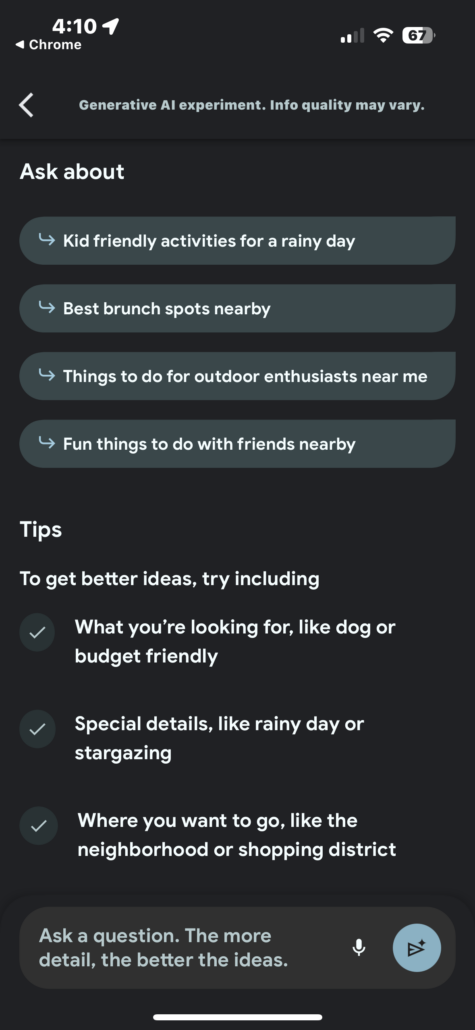
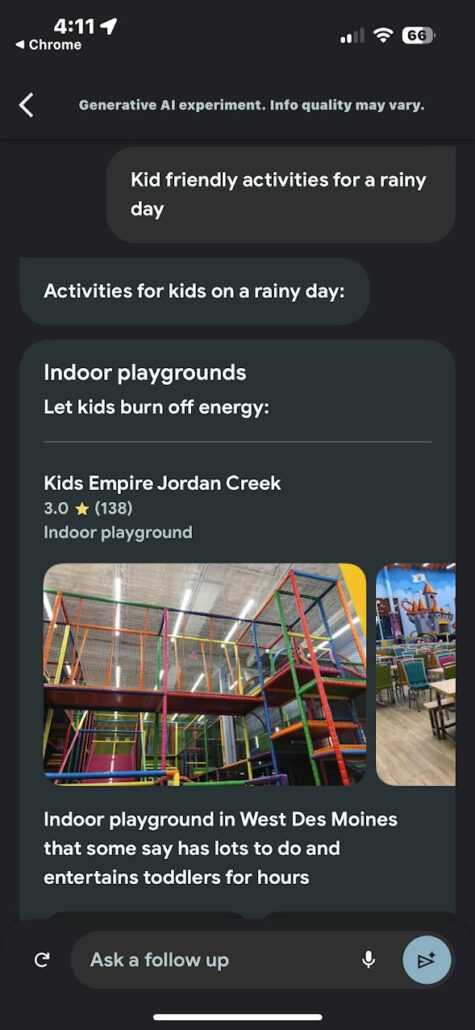
- Step 1: Update Your App Make sure you have the latest version of the Google Maps app installed on your phone. The AI feature might not be available in older versions.
- Step 2: Find the Search Bar Open Google Maps, and you’ll see the familiar search bar at the top of the screen.
- Step 3: Locate “Search with generative AI” Right below the search bar, there should be a new option titled “Search with generative AI”. Tap this to start experimenting!
What Kind of Searches Work?
This is where things get interesting! Unlike regular Google Maps searches, this AI feature is designed to understand natural language and less precise requests. Think of it as how you might ask a friend for recommendations rather than typing keywords into a search engine.
Here are some examples to illustrate:
- “Cozy date night spots in [city]”: Instead of searching “romantic restaurants [city]”, the AI can interpret what “cozy” means to you and suggest places with the right ambiance.
- “Indoor things to do with kids near me on a rainy day”: This search considers multiple factors like your location, the weather, and the suitability of places for children.
- “Unique vintage shops within walking distance”: The AI should recognize that “unique” means you aren’t just looking for any thrift store, and factor in your current location to suggest spots you can easily walk to.
Local Guide Power
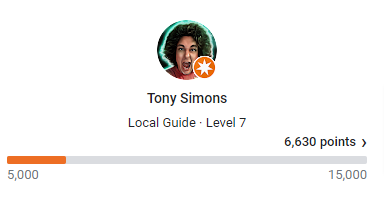
The real magic of this feature is how it taps into the collective knowledge of Local Guides. The AI analyzes reviews, photos, ratings, and other information left by Local Guides to provide those tailored recommendations. Essentially, it’s like having a massive network of local experts helping with your search!
First Impressions
Using Google Maps’ new AI feature felt pretty natural. It’s really just an extension of the search bar I already know and use. I do think the responses are helpful and offer a starting point for finding interesting spots, although they didn’t necessarily blow me away with unexpected suggestions.
Example and Comparison
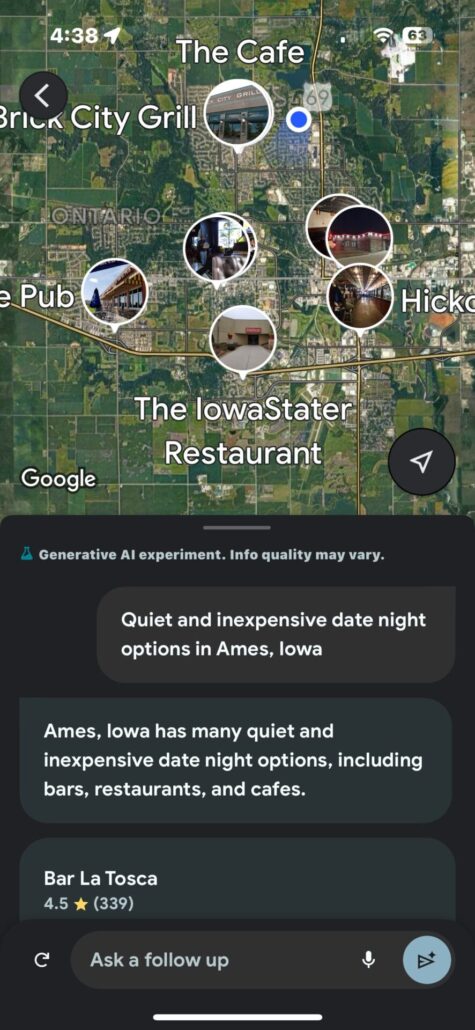
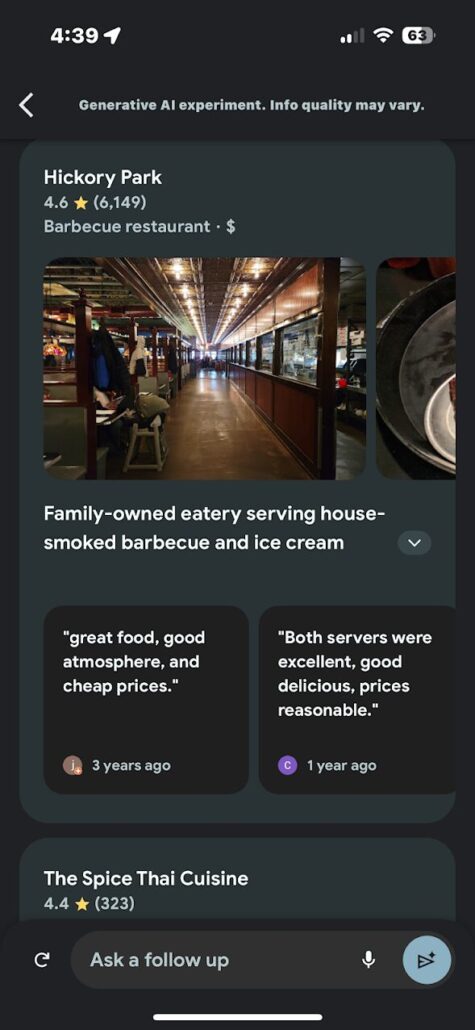
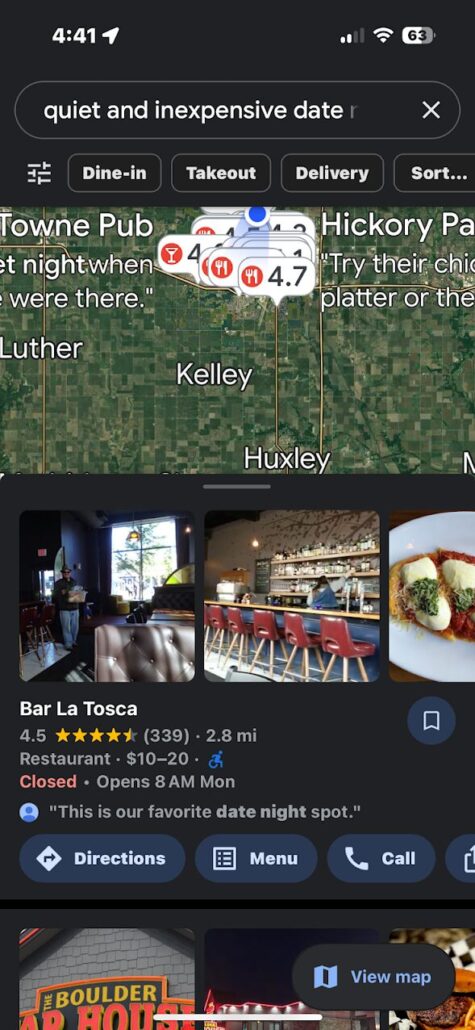
I searched for “quiet and inexpensive date night spots in Ames, IA.” The AI understood the budget-conscious part, listing places known to be affordable. However, I know from personal experience that a few of those spots aren’t exactly “quiet.” This isn’t terrible, but it highlights that the AI might not always grasp more nuanced requests.
When I did a standard Google Maps search for the same thing, the results were actually quite similar, aside from the visual differences in how they’re presented. This suggests that the AI, at this early stage, is primarily organizing existing Maps data in a more conversational style.
Room for Improvement
A big area for improvement would be in accurately interpreting detailed requests, like the “quiet” part of my search. It also seems there are limits to what types of queries the AI can handle. I asked for “good photo spots for sunsets in Ames, IA” and got a “this query is not supported” message. This shows that, while promising, the feature isn’t flawless.
Conversational Search: AI-Powered Discover is the Future in Google Maps
Right now, we often search Google Maps using keywords or stilted phrases. With this AI feature, Maps starts feeling more like having a conversation with a knowledgeable friend. You could ask, “Are there any dog-friendly breweries nearby?” or “Where can I find live music tonight?” and get results that feel like someone genuinely understands your intent. This could make Google Maps a lot more enjoyable (and less frustrating!) to use.
Local Guides Get a Boost
This experiment puts a major spotlight on the contributions of Local Guides. Knowing that their reviews, photos, and insights directly fuel the AI’s recommendations could be incredibly motivating. It wouldn’t be surprising if Local Guides start leaving even more detailed reviews about things like ambiance, noise levels, and the overall “vibe” of places, since these are things the AI will need to provide those tailored results.
Beyond Just Businesses?
Imagine AI-powered discovery could tap into a wider pool of information. Recommending not just restaurants or shops, but popular hiking trails (“great views, not too crowded”), local events (“perfect for a family outing”), or even under-appreciated gems (“This hidden park has some amazing street art”) would take things to a whole new level. Google Maps could transform from a tool for finding specific places to a true discovery engine for your community!
Wrapping Up
Overall, I enjoyed trying out this new AI feature and definitely see myself using it in the future. While it didn’t revolutionize my Google Maps experience overnight, it has the potential to make searching for places less frustrating and more fun. As a longtime Local Guide, it’s exciting to see that the work we do can directly shape tools like this. It feels like a natural progression from simply writing reviews to actively helping create a smarter, more personalized way to explore.
While this experiment has its limitations, the future looks bright. I’m optimistic that AI-powered discovery will continue to transform how we connect with our communities through Google Maps. Imagine the possibilities if Maps could recommend not just places to eat or shop, but local events, hidden gems, scenic trails, and more. It’s a future where Google Maps feels less like a utility and more like a key to unlocking the best your city has to offer.
Tony has a bachelor’s degree from the University of Phoenix and over 14 years of writing experience between multiple publications in the tech, photography, lifestyle, and deal industries.


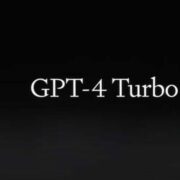








Leave a Reply
Want to join the discussion?Feel free to contribute!